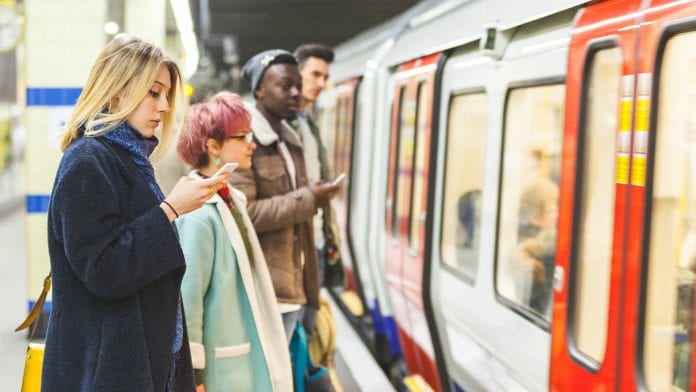Source- scitecheuropa.eu
The University of Sussex has gathered a large set of data which they believe could be used by a machine learning system to reduce commuting stress.
Some user issues with commuting are that it delays or disruptions to public transport or traffic can make it difficult to quickly assess the optimum route for your journey. The dataset could potentially be used by a machine learning system to optimise your journey and alleviate commuting stress based on various factors such as your location, and the food and drink you consume on the way.
The report presents ‘a meta-analysis of the contributions from 19 submissions, their approaches, the software tools used, computational cost and the achieved result.’ The findings of the project will be presented in full today in Singapore.
How could machine learning be used to reduce commuting stress?
The researchers believe that this technology could be used for various functions to reduce commuting stress. The report said: ‘A machine-learning system can use this data set to automatically recognize modes of transportations’.
The functions that machine learning systems could perform include:
- Predicting upcoming road conditions and traffic to offer route and parking recommendations;
- Detect the food and drink consumption of the smartphone user; and
- Tracking the location and journey of the user.
The dataset
The researchers work at the Wearable Technologies Lab at the University of Sussex. The held a global research competition to develop machine learning techniques. The competition asked teams to compete for the most accurate algorithms designed for recognising the different types of transport from fifteen sensors. The fifteen sensors measured a range of factors including movement and ambient pressure.
The overall task was to ‘train a recognition pipeline using the training dataset and then use this system to recognize the transportation mode from the sensor data in the testing set.’
